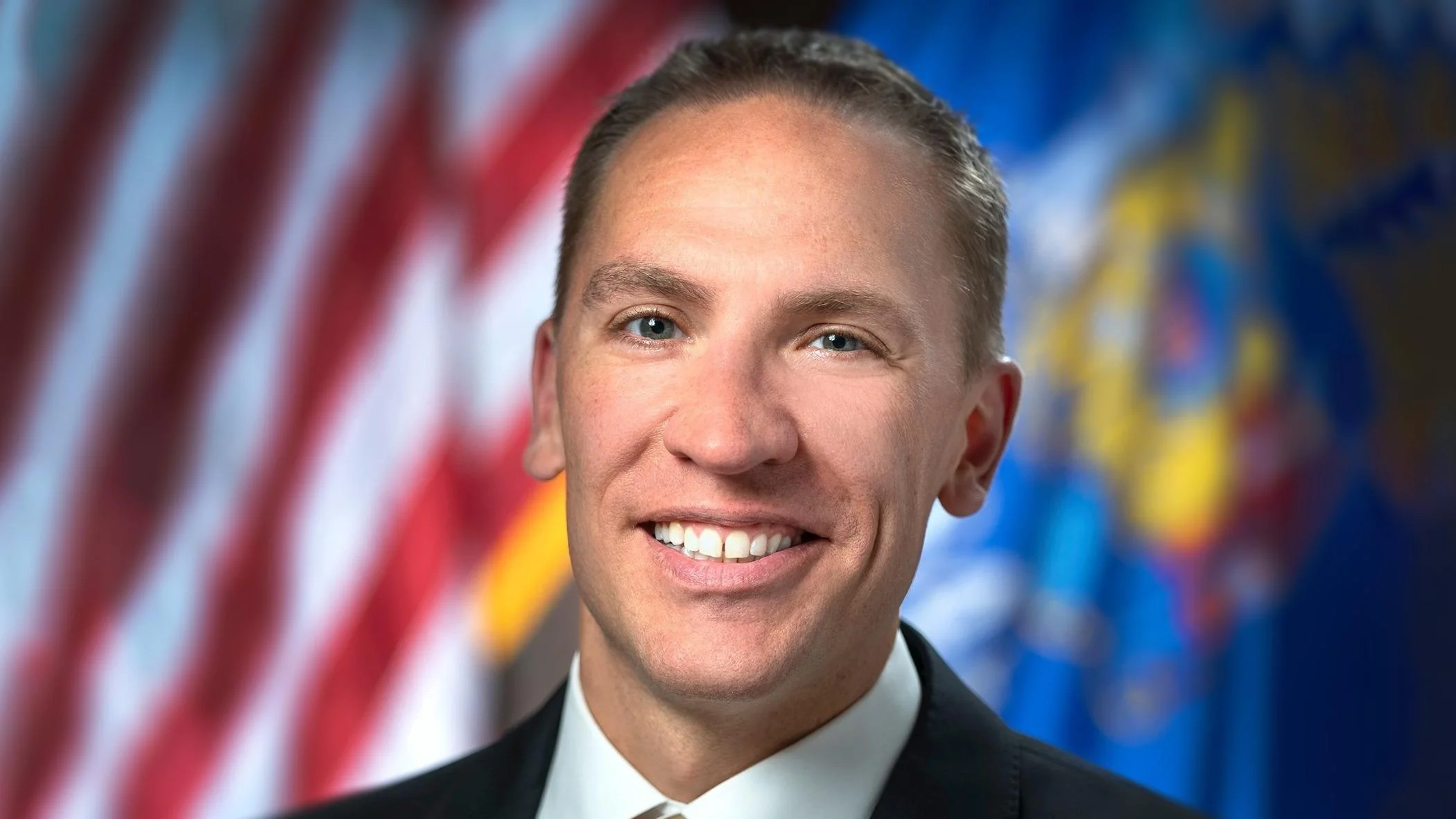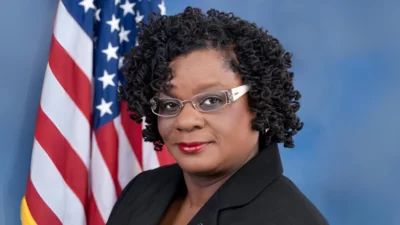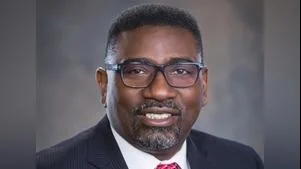Christopher J. Larson, Wisconsin State Senator for 7th District | Facebook
Christopher J. Larson, Wisconsin State Senator for 7th District | Facebook
According to the Wisconsin State Legislature's official website, the bill was described as follows: "eliminating daylight saving time in Wisconsin".
The following is our breakdown, based on the actual bill text, and may include interpretation to clarify its provisions.
In essence, this bill eliminates daylight saving time in Wisconsin by amending current statutes that define standard and daylight saving time. It allows the state to observe standard time year-round, which is permitted under federal law if the entire state is in one time zone. The bill repeals certain sections and amends others to align with the new time observation framework. Operating hours for premises with Class XBY and Class CY licenses are adjusted to remain open between 2 a.m. and 6 a.m., except as noted for New Year's Day closures. The provisions of this bill take effect on the first Jan. 1 after its publication.
The bill was co-authored by Representative Nate L. Gustafson (Republican-55th District). It was co-sponsored by Representative Clinton M. Anderson (Democrat-45th District), Representative Elijah R. Behnke (Republican-6th District), and Representative Lindee Rae Brill (Republican-27th District), along with seven other co-sponsors.
Chris Larson has authored or co-authored another 21 bills since the beginning of the 2025 session, with none of them being enacted.
Larson graduated from the University of Wisconsin, Milwaukee in 2007 with a BA.
Larson, a Democrat, was elected to the Wisconsin State Senate in 2011 to represent the state's 7th Senate district, replacing previous state senator Jeffrey Plale.
In Wisconsin, the legislative process starts when a senator, constituent, group, or agency proposes an idea for a bill. After drafting, the bill is introduced, numbered, and referred to a committee for review and public input. If approved, it moves through three readings and votes in both the Senate and Assembly. Once both chambers pass the same version, the bill goes to the governor, who can sign it, veto it, or let it become law without a signature. Only a small share of bills introduced each session ultimately become law. You can learn more about the Wisconsin legislative process here.
| Bill Number | Date Introduced | Short Description |
|---|---|---|
| SB165 | 03/27/2025 | Eliminating daylight saving time in Wisconsin |
| SB150 | 03/21/2025 | Passing legislation to reduce carbon emissions |
| SB149 | 03/21/2025 | Requiring the legislature to convene an extraordinary session if an executive order of the president of the United States freezes federal aid to the state |
| SB67 | 02/21/2025 | Providing state aid to reimburse public and private schools that provide free meals to all pupils for the costs of those meals and making an appropriation. (FE) |
| SB63 | 02/21/2025 | Ratification of the Driver License Compact. (FE) |
| SB21 | 02/05/2025 | Creating an employee ownership conversion costs tax credit, a deduction for capital gains from the transfer of a business to employee ownership, and an employee ownership education and outreach program. (FE) |






 Alerts Sign-up
Alerts Sign-up